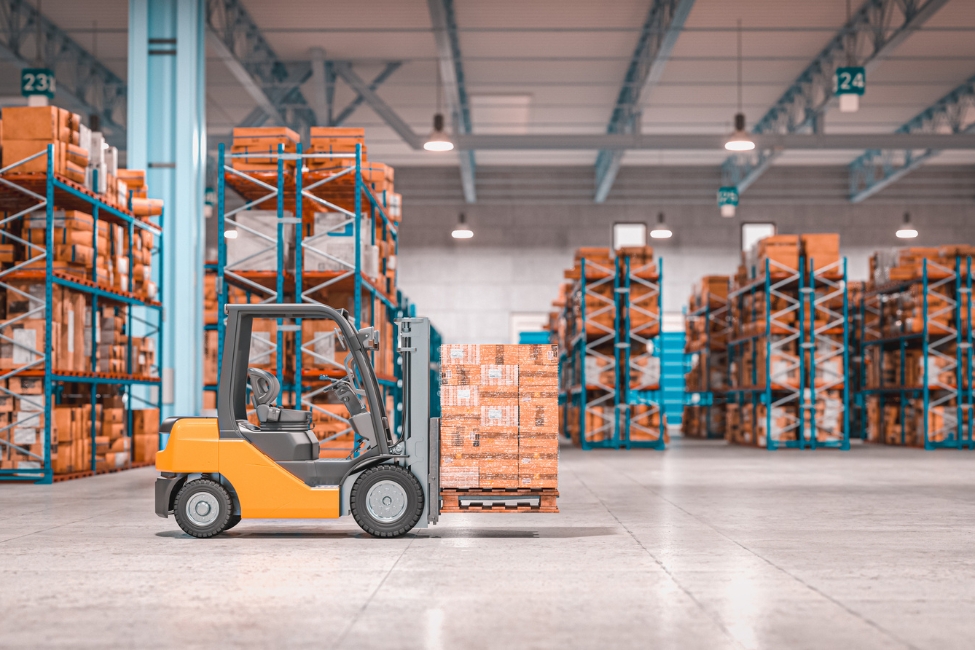Logistics Leaders See Tight Capacity, High Prices Through Mid-2026

The Logistics Managers’ Index rose for the second consecutive month due to rising costs as the economy remains uncertain, according to researchers at Florida Atlantic University and four other schools.
The Logistics Managers’ Index rose for the second consecutive month due to rising costs as the economy remains uncertain, according to researchers at Florida Atlantic University and four other schools.
May’s index read in at 59.4, up slightly from April’s reading of 58.8. The reading is up 3.8 from the year prior. A score above 50 indicates that the logistics industry is expanding, while a score below 50 indicates that the industry is shrinking.
Costs, particularly inventory costs, led to this month’s expansion. Inventory costs rose to 78.4, the highest level since October 2022, while inventory levels were only 51.5. The gap between the two suggests that many inventories are sitting stagnant.
“The persistent uncertainty with respect to tariffs seems to be causing upward pressure on inventory costs, likely because of stockpiling effects,” said Steven Carnovale, Ph.D., associate professor of supply chain management in the College of Business. “The previous pause on tariffs opened up an opportunity to stockpile, which is also likely reflected in the rise in warehousing utilization and costs, as well as the rise in upstream warehouse utilization.”
The LMI, a survey of director-level and above supply chain executives, measures the expansion or contraction of the logistics industry using eight unique components: inventory levels, inventory costs, warehousing capacity, warehousing utilization, warehousing prices, transportation capacity, transportation utilization and transportation prices. Along with FAU, researchers at Arizona State University, Colorado State University, Rutgers University and the University of Nevada at Reno calculated the LMI using a diffusion index.
Warehousing readings also point to further uncertainty among firms on the direction of the U.S. economy and tariff policy. Warehousing capacity was flat at 50, while warehousing costs and warehousing utilization read at 72.1 and 62.5, respectively. The readings suggest that inventories are sitting longer amid slower consumer demand and firms have been holding goods in anticipation of future tariff changes.
“At a certain point, the see-saw effect of increased/decreased tariffs is likely going to lead to firms stockpiling when tariffs come down, and likely be forced to sit on excess inventory,” Carnovale said. “In this case, the decision will be: are the holding costs of excess inventory less than the (potential) future tariffs? And to what degree will these increased prices pass through to consumers?”
Overall, respondents expect inventory levels to increase in the year ahead, with capacity growing tighter and costs expanding, highlighting the overall sentiment that trade issues and uncertainty will be wrapped up by the end of the year.
-FAU-
Latest Research
- Chatbots the New 'Doc?' Exploring AI in Health Behavior CoachingChanging habits is tough. AI tools like ChatGPT now simulate motivational interviewing (MI), showing promise - but can they match MI's core and spark lasting change? FAU researchers explore the potential.
- Study First to Show if Nesting Heat Affects Sea Turtle Hatchling 'IQ'FAU researchers are the first to train loggerhead sea turtle hatchlings in a maze using visual cues to test their learning and ability, and to determine if high nest temperatures impair their cognition.
- FAU Lands EPA Grant to Use Genetics in Florida Bay Sponge RestorationFunded by the U.S. EPA, the project marks the first genetic assessment of sponge recovery in the region, with broad implications for ecosystem health and economically important species like the spiny lobster.
- Single Drug Shows Promise to Treat PTSD, Pain, and Alcohol MisuseA study by the Charles E. Schmidt College of Medicine showed that the drug PPL-138 reduced anxiety, pain, and alcohol misuse in rats with PTSD-like symptoms by targeting specific opioid receptors in the brain.
- FAU Engineers Create Smarter AI to Redefine Control in Complex SystemsA new AI framework developed by FAU engineers improves how complex systems with unequal decision-makers like smart grids, traffic networks, and autonomous vehicles are managed.
- Logistics Industry Mixed as Smaller Firms Face Rising CostsThe logistics industry demonstrated mixed signals across its key indicators, as smaller firms try to hedge increasing costs, according to researchers from Florida Atlantic University and four other schools.






